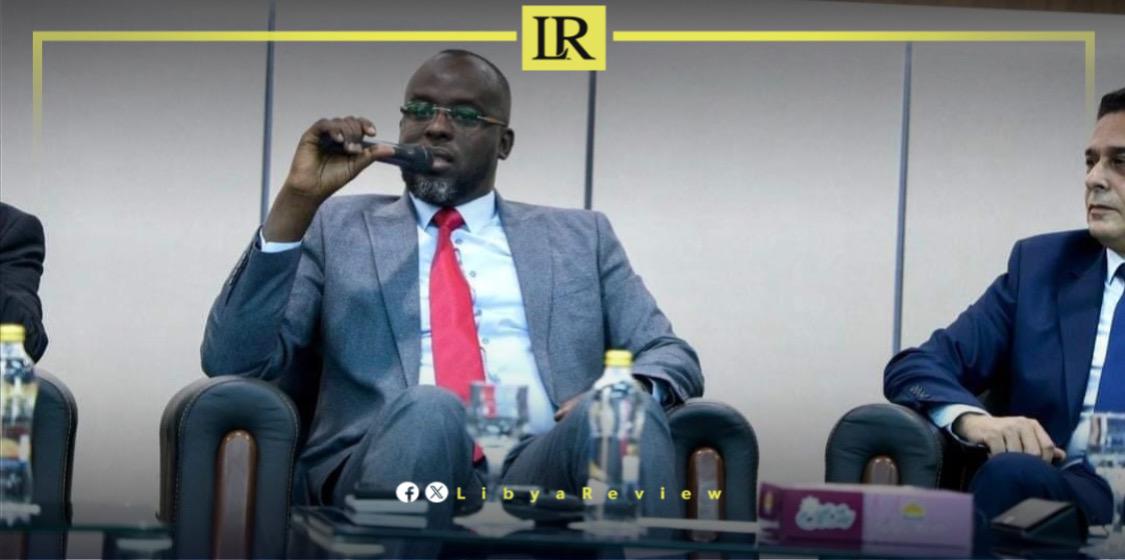Libya’s Minister of State for Illegal Migration in the Parliament-designate government, Fathi Al-Tebawi, emphasised the significant priority given by the General Command of the Libyan National Army (LNA) to the migration issue.
He noted that the Libyan government, led by Prime Minister Osama Hammad, has developed specific strategies to manage migration, aligning with parliamentary legislation and ensuring the protection and dignity of all migrants.
The workshop, organised by the House of Representatives in collaboration with the International Organization for Migration (IOM), was attended by key figures including Ramadan Shambesh, Chairman of the Legislative and Constitutional Committee, and Major General Nouri Saidi, Head of the Anti-Illegal Migration Authority. Additionally, various researchers, activists, and relevant organisations from multiple Libyan cities participated via video conference.
The workshop aimed to explore the role of the House of Representatives in overseeing migration, addressing the main challenges in the field, and enhancing migration governance. It also focused on developing effective programmes to leverage international expertise in managing migration issues.
Notably, the Chairman of the Foreign Affairs and International Cooperation Committee, Yousef Al-Aqouri, reiterated the House of Representatives’ stance against settling migrants in Libya.
Al-Aqouri emphasised the importance of enhancing the House’s capabilities to address this issue from humanitarian, financial, and legal perspectives.
He also stressed the need for comprehensive governance of the migration file, which relies on coordination among all relevant parties, and the importance of utilising the expertise of the International Organization for Migration (IOM) to build national capacities.
The event featured several presentations aimed at introducing migration topics, the parliamentary role, and the current humanitarian conditions related to irregular migration. These presentations included explanations of other countries’ experiences to learn from them, as well as the supportive role of the IOM in enhancing migration governance in Libya.


